PhD student at HFML Nijmegen, The Netherlands.
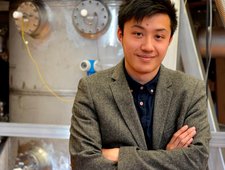
Published on Mar 2, 2018.
I studied physics at the University of Bristol in the UK and graduated from my master’s degree in 2014. During my time there, I got a really good idea of what experiments were like in the real world of experimental research and how we could really investigate the physics in our everyday life. I decided to search for a PhD position, and when I first saw the High Field Magnet Laboratory (HFML) in Nijmegen, I was incredibly impressed with all the installation behind operating a magnet facility, and the infrastructure that had already been put in place.
There was such a variety of research done here, and I immediately saw that the prospects for doing some exciting science were very real. With the chance of discovering some new science at such a world renowned place, that’s why I decided to pursue a PhD at the HFML.
I currently study materials which have strongly correlated electrons. It is these electrons which are responsible for a lot of the unique behaviour that we see, such as different magnetic phases, quantum criticality, superconductivity and non-Fermi liquid behaviour. To probe these materials at room temperature is very boring and gives us such limited information; only by cooling it down to the very lowest temperatures possible we are able to extract a better understanding of how these electrons are really interconnected to one another. Furthermore, by placing it in a magnetic field, we can use the field strength as a tuning parameter to modify the system and induce a high field transition for example. To explore these changes, I perform transport and magnetisation experiments.
So far, being in the HFML has been a big learning curve for me; I have gained so much laboratory experience working in a large scale facility, from dealing with the huge installation to learning how to operate electronics. One part of my experience I have really enjoyed has been working with external guests, who come to the HFML to perform their experiments, and this has allowed me to gain a diverse knowledge in physics that is less related to my research.


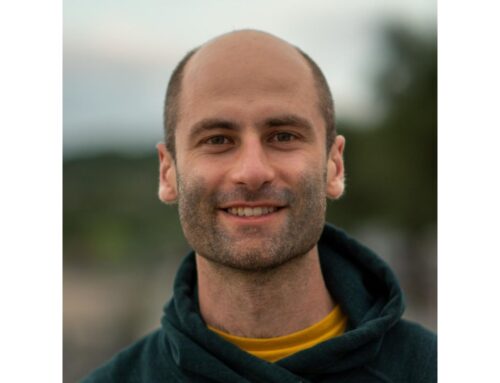
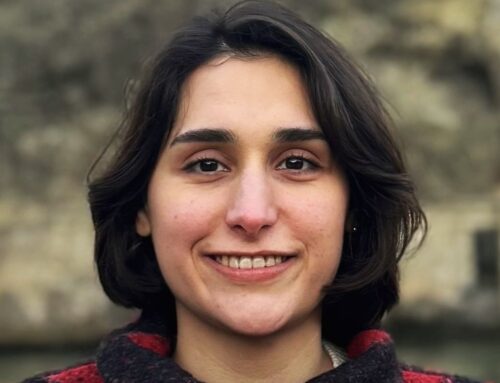
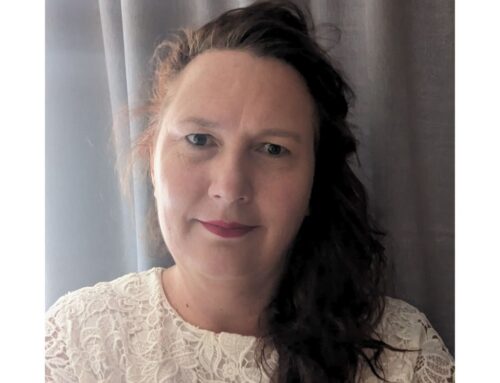
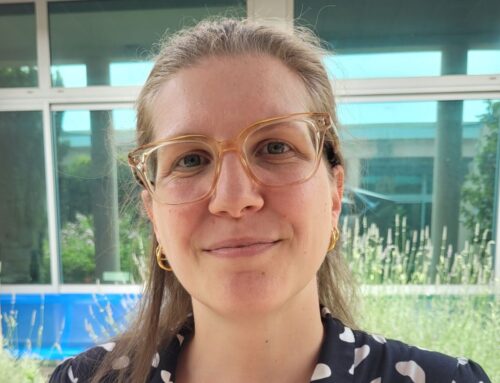
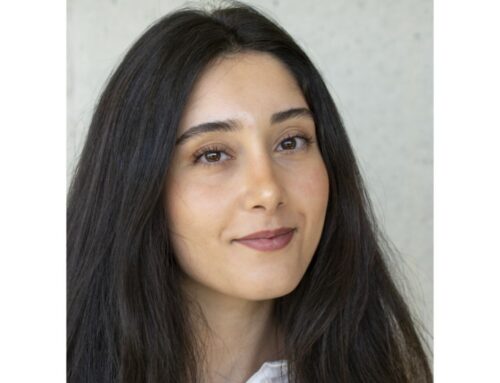
Leave A Comment
You must be logged in to post a comment.